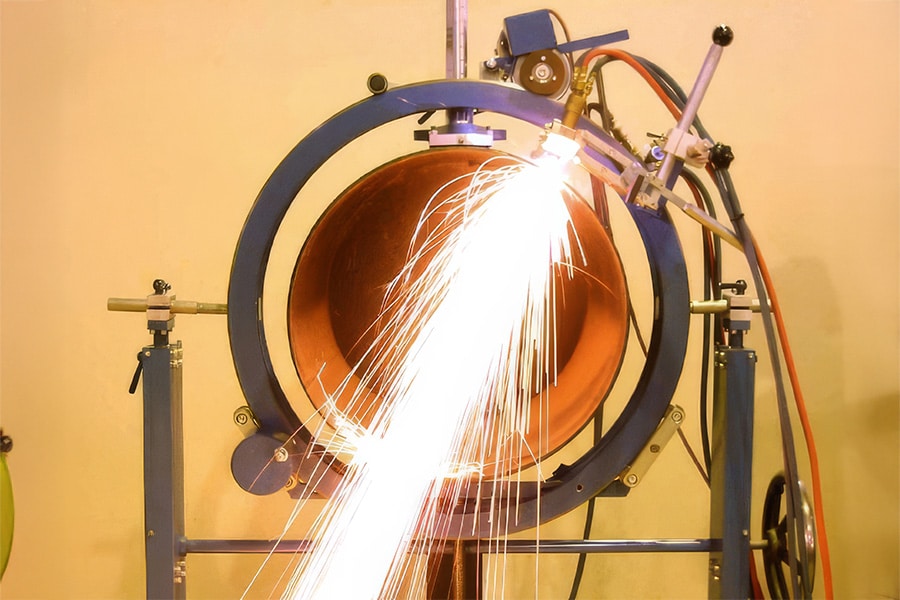
Responsible and economical fluid management is becoming an increasing challenge
Due to stricter European laws and regulations and increasing requirements in terms of (cleanroom-grade) product cleanliness and (surface) accuracy, fluid management within machining companies has become not only an increasingly important, but also quite a complex phenomenon.
For example, the disposal and processing of used emulsions, especially those containing so-called "substances of very high concern" (SVHC), has become significantly more expensive and subject to more and more restrictions. SVHCs are substances that are dangerous to humans and the environment because, for example, they hinder reproduction, are carcinogenic or accumulate in the food chain. Examples are heavy metals and pfas/pfos.
Some waste handlers prefer to stop handling liquids containing ZZS, and if they do, only at extremely high rates. Many companies now do not know how to organize their fluid management to avoid problems and high costs. Even for specialists like us, who operate full-time within the industrial lubricants and metalworking fluids market, the trends and developments are already hard to keep up with. There is also something new every time. Recently, for example, we have been getting more questions about machining ferrous and nonferrous metals containing lead. While machining them, lead gets into the fluid, making its management but also its disposal at the end of its life more difficult and expensive. Lead will slowly be phased out, eventually eliminating the problem, but for now we have to deal with it.
By closely monitoring the fluid through sampling and keeping its quality in optimal condition through the use of oil skimmers and targeted filtration, the foundation is laid for good machining quality, increased tool life and the longest possible fluid life, ultimately resulting in lower Total Cost of Ownership (TCO). To achieve this, the use of Total Fluid Management (TFM) is necessary. Here we are talking about all activities from the selection of high-quality emulsions and lubricants tailored to the operations and machines. From preparing the right concentrations and managing/maintaining the fluids to disposing of them at the end of their service life. This includes all related administrative tasks, which have increased significantly, also in the context of tracking & tracing.
This is partly the reason why more and more machining companies are deciding to leave total fluid management to expert and specialized companies. Whereas fluid management used to be something that a production or technical assistant could do on the side, today it has become a highly complex matter that requires not only specific know-how but also many different actions (including administrative ones). This puts so much pressure on production departments that it is now much more comfortable and economical to outsource it to specialists, creating a rapidly growing niche market.
The Pen - Dennes Lagendijk - Director/owner of Lubsolutions Benelux B.V.



